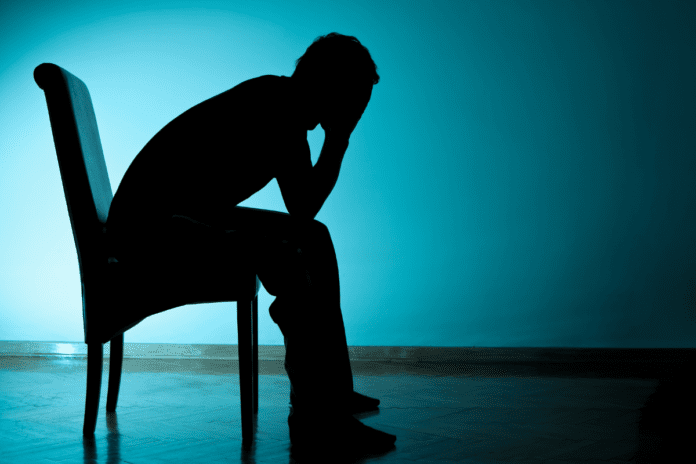Those who suffer from depression know that there are several different facets to this disease. From the physical symptoms to the treatments, there are so many things to learn about this condition. It can be hard to understand what it is and how it affects you, but learning what it is will help you to find the treatment that is right for you.
Symptoms
Symptoms of depression can affect anyone at any age. This can be caused by a variety of factors, including genetics, personality traits, and a life event. The National Institute of Health and Care Excellence (NICE) provides guidelines on how to treat depression.
Some of the most common symptoms of depression are: fatigue, sadness, changes in appetite, sleep problems, and difficulty with memory. These symptoms are part of a normal low, but if they are chronic and long-lasting, they are likely signs of depression.
Doctors may also perform a physical examination to rule out other conditions that could be causing the symptoms. They may order blood tests or other lab tests to examine hormone levels, as well as a psychiatric evaluation to check for depression.
Some people are more prone to depression than others. It is important to note that this disorder is not a “feeling,” but a disease that can cause significant pain and interfere with daily life. Depending on the severity of the condition, it can last for months or years.
There are many different types of treatments for this disorder. Some of the most common include talk therapy, medication, and alternative therapies. These treatments can be effective in helping with symptoms and improving overall wellbeing.
Another method of treating this disorder is electroconvulsive therapy. Typically, this method is only used if antidepressants are not working.
The treatment can be effective if the person is diagnosed with clinical depression. Click here for more information. During a psychiatric evaluation, the doctor will ask a series of questions to determine the degree of the illness. If the person has a history of other conditions, the doctor may also order a blood test to rule out other illnesses.
Diagnosis
Having a diagnosis can be difficult, but it’s treatable. The most effective way to get the right treatment is to talk to a doctor. However, it’s important to understand the risks of alternative medicine.
Depression is often characterized by sadness and general feelings of grief. Symptoms can range from mild to severe. It’s important to treat the condition before it reaches a more serious stage.
Older adults tend to suffer from depression, and it may be a challenge to diagnose the disorder. During a comprehensive psychiatric evaluation, the health professional asks about feelings and behavior patterns.
He or she also conducts a physical exam. He or she might order lab tests or other investigations to rule out other medical conditions. Some of these tests include a liver function test, electrolytes, and toxicology screening.
Depression is usually treated with medications. These medications include serotonin/norepinephrine reuptake inhibitors and tricyclic antidepressants.
A health professional will also talk to the patient about his or her life. He or she will ask about family and personal history. The medical professional will also know how to explain depression and anxiety in a way their patients can understand. It’s possible to have this disorder in combination with other illnesses, such as anxiety disorders.
It’s also helpful to spend time with a loved one. In addition to addressing the problem, counseling can help the patient learn coping skills. This can be done individually or in a group.
Treatment
Whether you’re just feeling depressed or you’re in a full-blown depression, treatment can help. There are many treatments available and it is important to work with your health care provider to get the right treatment for your symptoms.
Some treatments include medications, psychotherapy, and acupuncture. There are also complementary therapies such as massage and hypnosis. Depending on your needs, your health professional may recommend other treatments, such as biofeedback, or you can try a combination of these.
Antidepressants are commonly prescribed, and they can help. They can change the way your brain chemistry works. However, they have side effects and can take a few weeks to have an effect. When taking antidepressants, it is important to watch for unusual behavior or thoughts.
Cognitive behavioral therapy can help you develop coping skills and improve your ability to think and make decisions. Click the link: https://www.apa.org/cognitive-behavioral for more information. In addition, there are reputable self-help books that can help you learn how to cope with this disorder.
If you are experiencing severe symptoms, you may need to be hospitalized. The health care provider will order a physical exam and blood tests to rule out other medical conditions. If the tests prove that you have depression, your healthcare provider will put together a treatment plan.









